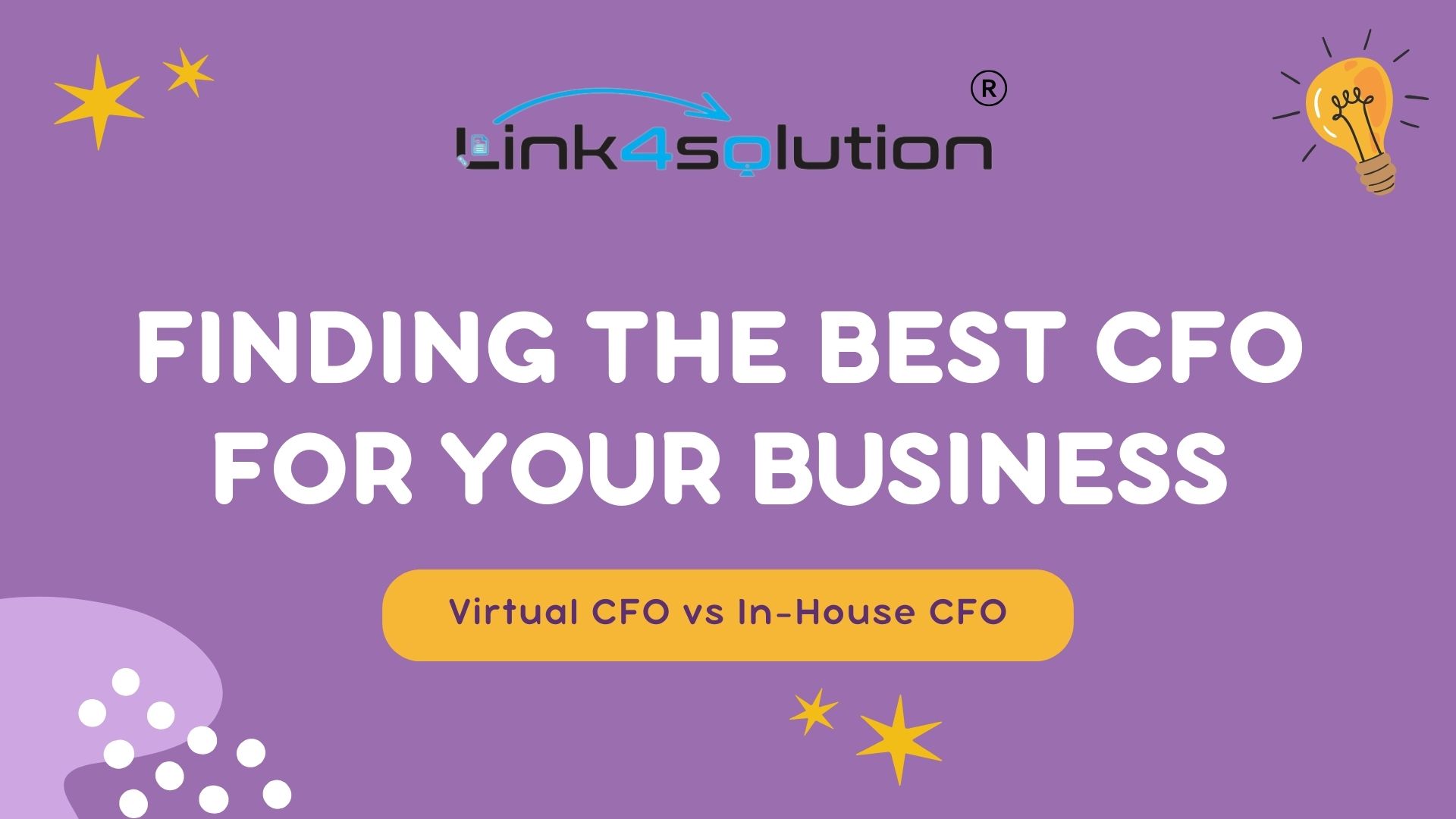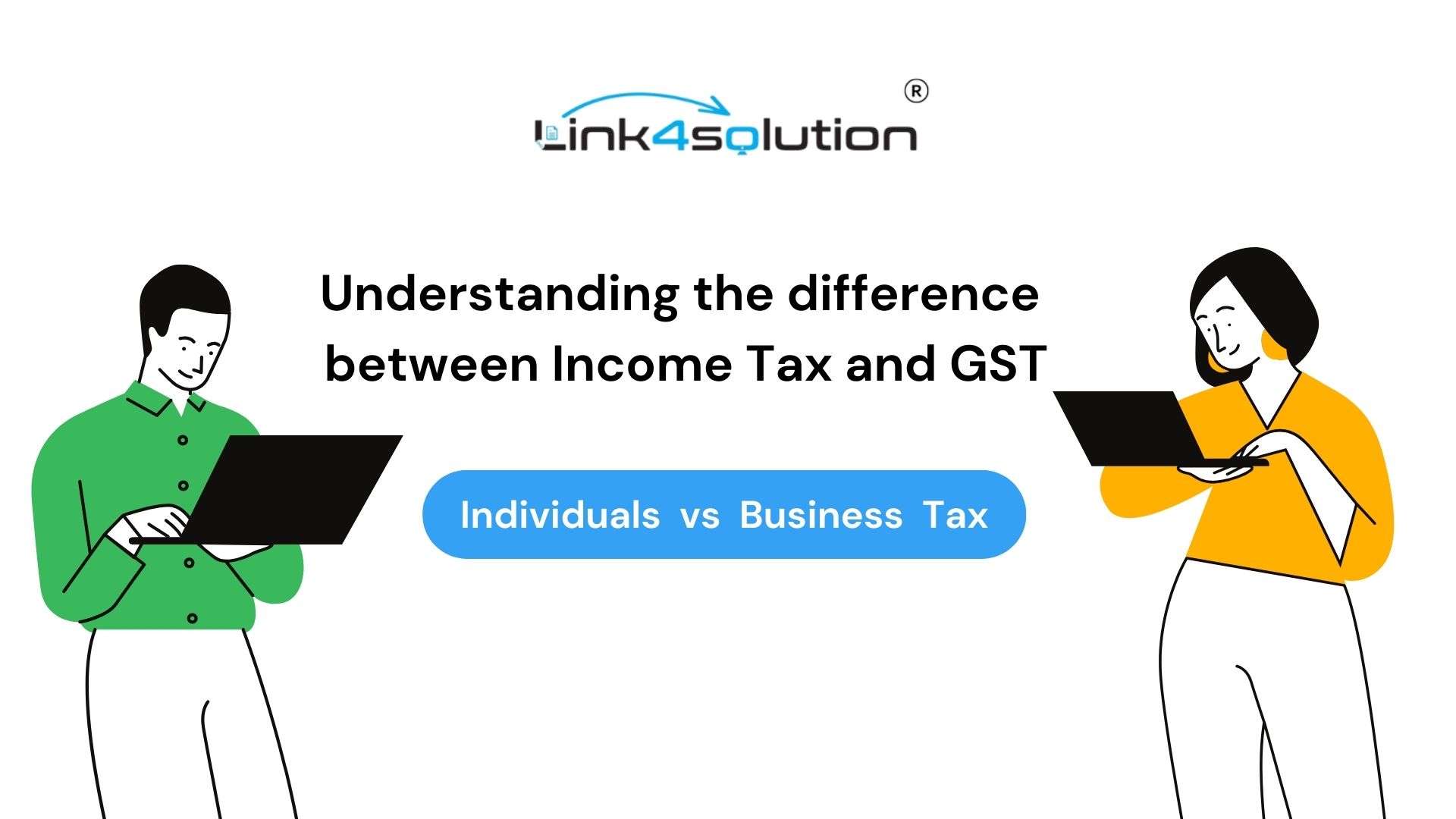Chief Financial Officer ( CFO )
The Chief Financial Officer is responsible for making financial decisions to ensure the smooth functioning of the organization wherein he looks after the critical aspects like hiring, firing, teaching techniques, analysis reports and jobs related to business finance such as:-
Analysing financial reports and trends
Income and Expenses account reconciliation
Budgeting and allocations of fund
Formulating financial models
Understanding the market trends and tracking rivals’ actions
Such factors are not only easy to handle but requires a skilled and experienced Chief Financial Officer on-board.The selection between a Virtual CFO and an in-house CFO depends upon several parameters like size of the company, requirements, and operational area of the organisation.
What is an In-house CFO?
In-house CFOs have to understand the company’s current position based on its performance in a given financial year. The responsibilities of the CFO are not restricted to the management of the company’s financial resources. It includes formulating the company’s capital structure, maintaining a balance between equity and debt, and deciphering when and where to invest for the company or client.Other duties include coordinating with financial staff, invigilating them, coaching them if they stumble, and motivating them to work efficiently. Hence, a CFO who works within the premises of the organisation is called an In-house CFO.
What is a Virtual CFO?
Another alternative to the in-house is outsourcing the CFO, which functions in the same way but not from the premises of theorganization but have their own working station with calling/access to information online as well as directing the resources virtually. The only difference between an In-house CFO and a Virtual CFO is that all the financial matters will be handled 100% remotely. Virtual CFO services are highly economical and effective. All the competent financial services are performed virtually and are of benefit to the organisation’s business in all aspects. The virtual CFO improves the cash flow and profit-making of the business with lessor cost to the company .
Which One is Best Virtual CFO or In-House CFO
Responsibilities
All in all, an in-house CFO handles all the company’s or business’s financial resources and is answerable to various board members, employees, and stakeholders. Their core responsibilities are directing all the financial orders and a roadmap for the financial future. As a result, the CFO has their accounting team at their disposal.
On the other hand, a virtual CFO provides all the same services as an in-house CFO. Remote CFO services can provide financial suggestions and deliverables and handle their responsibilities just like an In-house resource, but the company receives as many services as they have defined in their job requirement.
Responsiveness
When considering the responsiveness of a Virtual CFO versus an In-House CFO, businesses must weigh the nature of their financial management needs against the operational dynamics of these two options. A Virtual CFO operates remotely, often serves multiple clients, and uses digital communication tools like email, video conferencing, and messaging apps. This setup can lead to efficient and quick responses, especially for straightforward queries or in situations where digital communication is sufficient.
On the other hand, an In-House CFO’s physical presence in the office contributes significantly to their responsiveness. Being on-site, they are readily available to address immediate concerns, engage in impromptu discussions, and participate in real-time decision-making processes. This proximity allows for a more nuanced understanding of the day-to-day operations and the ability to quickly gather context, which is particularly important in complex or sensitive situations that require a deeper understanding of the business’s intricacies.
Productivity
When evaluating the productivity of a Virtual CFO versus an In-House CFO, several key factors come into play, each influenced by a business’s unique operational structures and demands. A Virtual CFO, leveraging the advantages of modern technology and remote work, can bring high efficiency and flexibility to their role. This efficiency often results from their experience with a diverse range of clients and situations, allowing them to apply a broad spectrum of knowledge and innovative solutions to various challenges. Additionally, the remote nature of their work can lead to fewer day-to-day distractions, enabling a focused approach to strategic financial management and decision-making.
In contrast, an In-House CFO’s productivity is deeply intertwined with their physical presence within the organisation. This proximity allows them to understand better the company’s operations, culture, and nuances, which can be crucial for effective financial management. An In-House CFO is typically more available for spontaneous discussions, problem-solving, and decision-making processes, leading to quicker resolutions of internal issues.
Conclusion
In conclusion, choosing between a Virtual CFO and an In-House CFO depends on your business’s specific requirements, size, and growth stage. A Virtual CFO offers flexibility, cost-effectiveness, and a broad range of expertise, making them suitable for small businesses, start-ups, or those in dynamic industries needing innovative financial strategies. They excel in providing external perspectives and adaptable financial management. On the other hand, an In-House CFO is ideal for larger businesses or those with complex financial needs, offering dedicated focus, deep integration with company culture, and immediate responsiveness. They excel in environments requiring constant, hands-on financial guidance.






